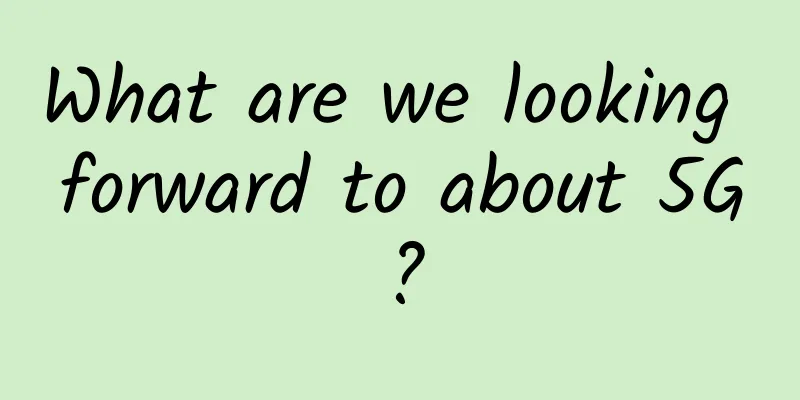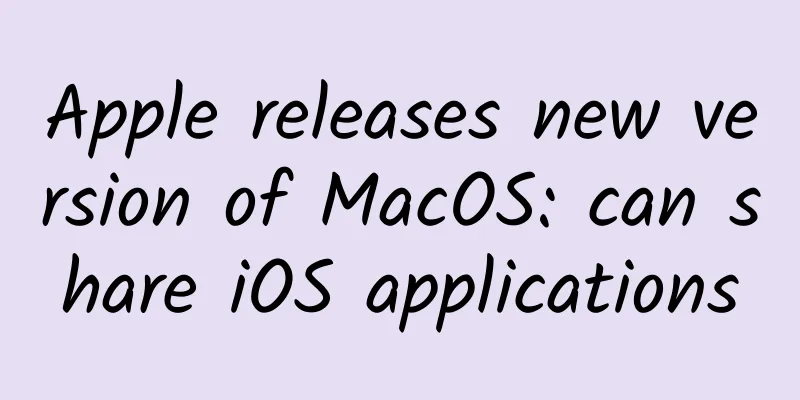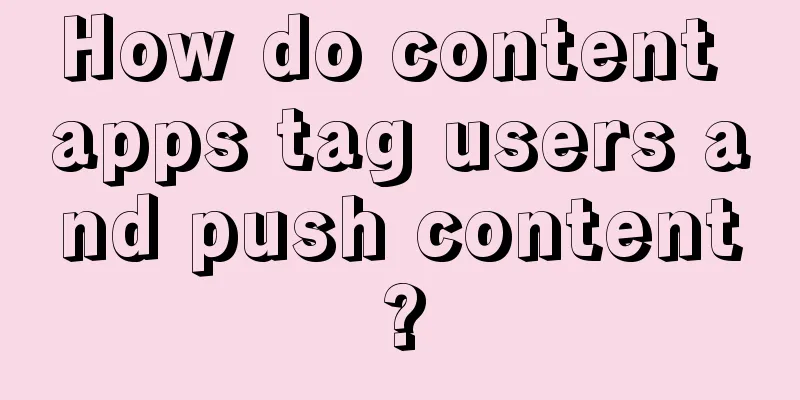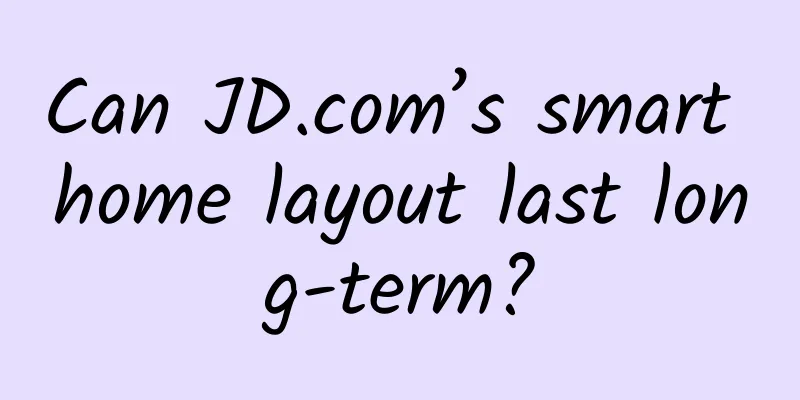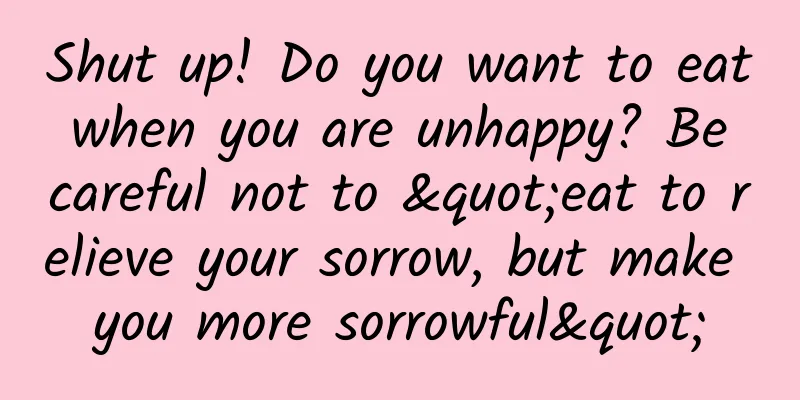If Android users switch to iOS and do not change their "bad habits", it will affect the battery life of iPhone
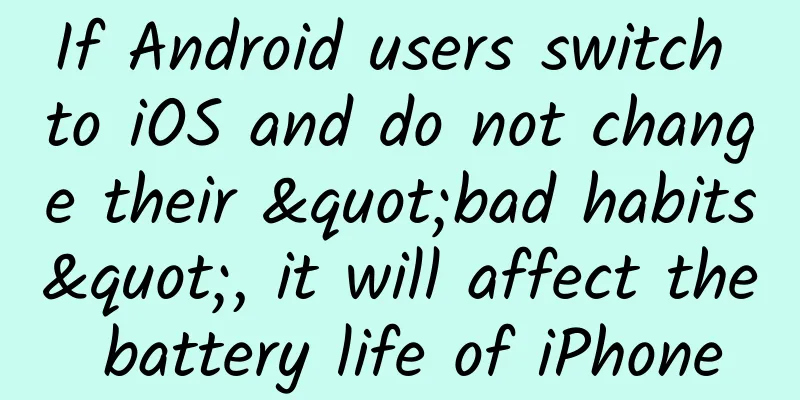
|
When it comes to this year's popular models, the iPhone 13 series must be included. After all, the price has not increased with increasing quantity. In addition to attracting many Apple fans, many Android users have also switched to iPhone 13 or iPhone 13 Pro. Even a friend of mine who has used Android for several years went directly to iPhone 13 Pro Max. However, there are still some differences between Android and Apple's iOS. Switching from Android to Apple will not affect basic operations and application usage, but many people bring some "bad habits" from using Android to iOS, which is often unnecessary and counterproductive. For example, the Android friend who just mentioned that he switched to iPhone13Pro Max continued the habit of actively cleaning up the background on Android, which is actually unnecessary. If you don’t want to study the reasons, just remember: Android needs to actively shut down the background, but iOS does not need to actively shut down the background. If we really want to explain the reason, it is not complicated. It is nothing more than the different background mechanisms of the two systems. In the Android system, as long as you are willing, the memory is large enough, the battery is sufficient, the traffic is sufficient, and the software permissions are large enough, you can open 100 apps, all in the background. And these apps still have all their functions turned on in the background, even if you can't see them, they are still rendering, loading, downloading things, and pushing messages, so that you can have an absolutely smooth experience when you cut them out of the background, which can be said to be very considerate! But iOS is different. First of all, iOS software has limited permissions. After switching to the background, most of the functions of the APP are frozen. The remaining functions are what the Apple system allows, such as listening to music, GPS positioning, downloading things, etc. Because many functions are turned off, the remaining functions do not take up much computing power and memory, so it saves power. But the background functions you need and the functions you need to use first when you switch back are not closed, so it feels very smooth. At the same time, for the functions required by many software, such as push notifications, iOS has made a special interface for unified management, and there is no need for APP to push by itself, so many APPs do not need to be resident. So iOS does not need to be cleaned up actively, because even in the background, it does not take up too many resources and power. If you clean up actively, the data and UI will be reloaded the next time you open it, which will consume more power. Android needs to be cleaned up actively, because the background software is 100% open, which will consume a lot of memory and power. Not only cleaning, but also some software is needed to lock the rogue APP so that it cannot start automatically. I have said so much, but I am afraid that you may not understand, so I will simply summarize it. When using an iPhone, there is no need to actively clean up the background. Doing so will affect the battery life of the phone. However, it is necessary to actively clean up Android so that the phone will save memory and power, and the system will be smoother. This is also a major advantage of the iOS system. I hope that the Android system can do this in the future! |
Recommend
There is a kind of bank whose "benefits" we all enjoy unintentionally
Produced by: Science Popularization China Author:...
"People infected with COVID-19 have long-term abnormal lung function"? A secret to debunk this rumor
If you interpret the paper carefully, you will fi...
One core is in trouble, nine cores are waiting to see which mobile phone CPU is the best?
Over the past few decades, the semiconductor indu...
Millions of Android devices shipped with firmware vulnerabilities
Android smartphones from Asus, LG, Essential, and...
Six warnings including high temperature, heavy rain and severe convection are issued at the same time. Pay attention to these places! Please take precautions
Weekend rest and travel Most afraid of changeable...
Scientific Q&A about the new coronavirus: Do you know about Wuhan pneumonia?
1. How long can the new coronavirus survive in a ...
Easy custom camera
Source code introduction This is a simple custom ...
The most common fossil, many people can't even pronounce its name
Most people may not even know how to pronounce th...
How can artificial intelligence be applied in reality? Google is the key
The annual Google I/O developer conference arrive...
Interesting ancient creatures: 438 million-year-old "Changxing fish" fossils were found thousands of miles apart in Zhejiang and Xinjiang, proving the continental drift hypothesis
Produced by: Science Popularization China Author:...
New iPod touch review: Is it worth the money?
Last month, Apple quietly released a new iPod tou...
“Couples” use new tactics to sell goods through live streaming!
Single guys are tortured by those in a relationsh...
Many countries may face EU prosecution for alleged bias towards the public
According to foreign media reports, after the Vol...
Why do you rebound after losing weight? Does your body remember that you were fat?
Recently, according to the National Health Commis...
China's Sky Survey Telescope is here! What can it "survey" and how powerful is it?
On April 29, 2021, the launch of the Tianhe core ...

